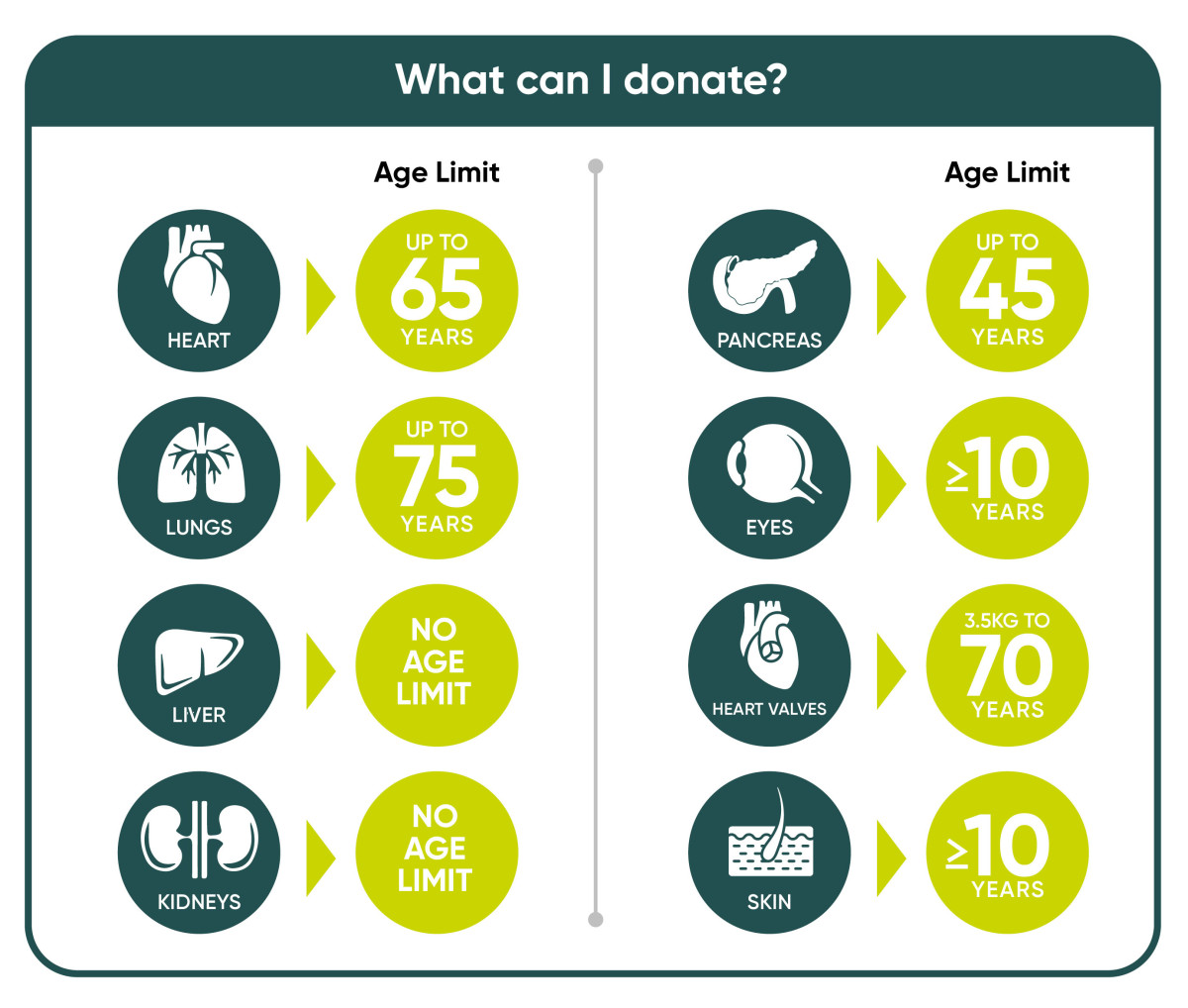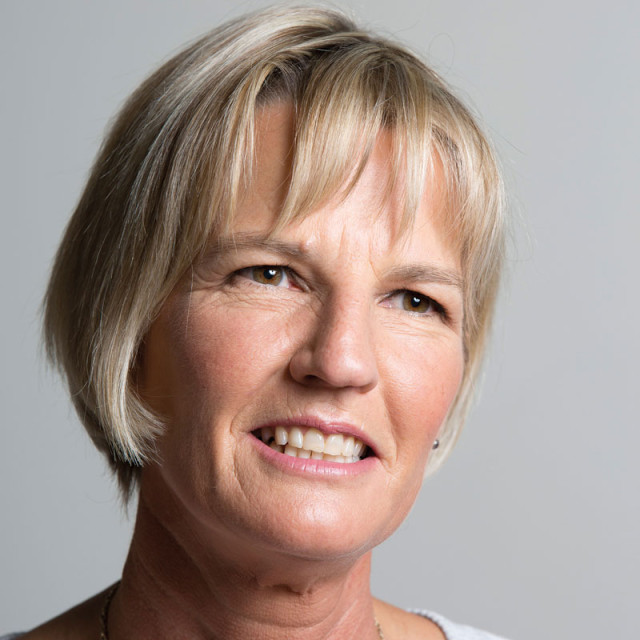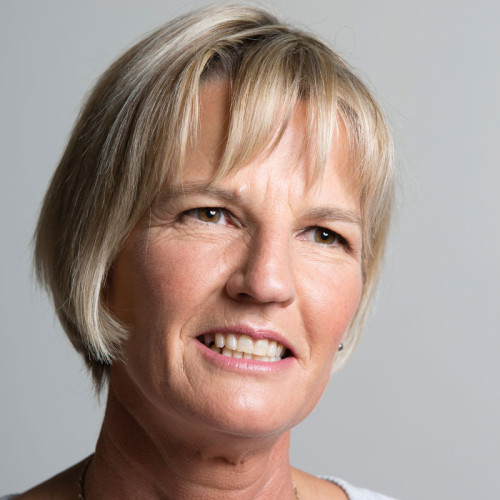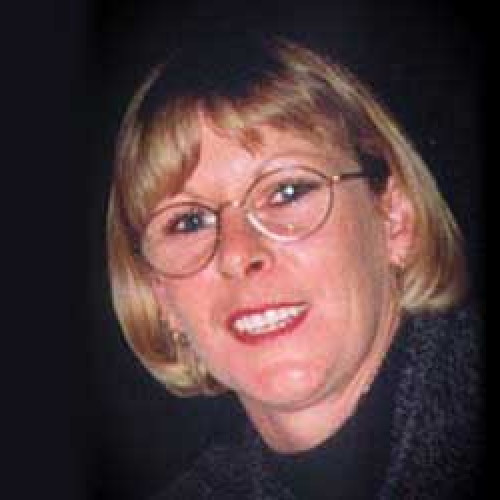Fact: People of all ages, including the elderly, can be considered for organ and tissue donation. No matter what your age, doctors will always assess the suitability of your organs for transplant following your death.
Here are some of the approximate ages for organ and tissue donation:

Fact: Funeral arrangements are not usually affected by organ or tissue donation.
After a family has agreed to donation, the organs and tissues are removed respectfully from the donor using normal orperating procedures and incisions are closed and dressed with the same care. So there is no reason to delay funeral arrangements.
Fact: In our experience, families rarely override the wishes of their loved ones, especially when they know what that person wanted.
Your family will always be asked if they are aware of your wishes to donate. This is why it’s important to have a conversation with them about whether you would like to be a donor or not in the event of your death. If you would like to be a donor, make sure you tell your family what organs and tissues you would like to donate.
Fact: Most religious groups support the concept of organ and tissue donation on the basis that it is a compassionate gift of life to another individual.
If you are in doubt, however, consult your religious leader, minister or elder.
Fact: Doctors and nurses will fight, first and foremost, to save your life. Only after they are absolutely certain that there is no chance you will recover will organ donation be considered.
Back To Top
Fact: Very few health conditions prevent organ donation from taking place. Following your death, doctors will look at your full medical history and assess your organs for transplant. If your organs are not suitable, you may still be able to donate your eye tissue, heart valves and skin.
If you wish to become an organ or tissue donor, make sure you discuss this with your family. In the event of your death, a health professional will ask your family if they know your wishes. If you have told them, there is nothing else you need to do.
Fact: You can choose which organs or tissues you would like to donate. In the event of your death, doctors will ask your family what organs (heart, lungs, liver, pancreas, kidneys) or tissues (eyes, heart valves and skin) will be donated.
This is why it's important to have a conversation with your family now about donation and what organs and tissues you would donate.
Fact: The most important thing you can do is to have a conversation with your family about donation. If you would like to be an organ donor, make sure you let your family know what organs and tissues you would like to donate.
Each time you renew your driver licence, you will be asked whether you are willing to donate your organs in the event if your death. This is only an indication of your wishes, it is not an official organ donation register.
Fact: In most cases, you can donate your organs if you have lived in the United Kingdom (UK). People who have lived or visited the UK can donate their kidneys, liver, heart, lungs, pancreas and eyes.
The donation of heart valves, skin and blood is not permitted if a person has visited or lived in the United Kingdom (England, Scotland, Isle of Man and the Channel Islands), Republic of Ireland (Eire) or France between the 1st January 1980 and 31 December 1996 for more than six months. This is due to the risk of transmitting Creutzfeldt Jakob Disease (CJD), more commonly known as Mad Cow Disease.
Fact: Each year the number of donors is increasing, along with the number of people indicating their wish to donate on their driver licence. However, the reality is that organ donation is a rare event. Less than 1% of deaths happen in a way that organ donation can occur.
To be an organ donor, a person must be in an intensive care unit, on a breathing machine, usually with devastating brain damage. Most of these deaths happen suddenly and unexpectedly. This is why we encourage you to have a conversation about organ donation with your family. That way, in the event of your death, they will know what to do. If there were more organ and tissue donors, more lifesaving transplant operations could take place.
Back To Top
For more information and answers to common questions about donation visit Frequently Asked Questions.


